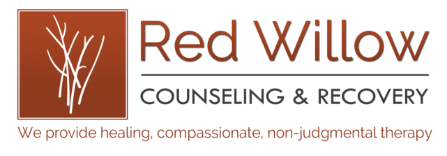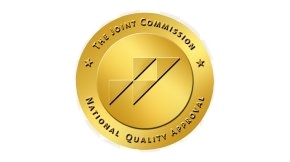Creating a safe space for your growth
We provide evidence-based mental health therapy for individuals, couples, and families challenged by mental health, addiction, and relationship issues in Salt Lake City. Our practice is defined by three core principles: Competence, Compassion, and Collaboration.
We are committed to competent care by ensuring providers are professionally licensed, practice evidence-based therapy models, and participate in ongoing training and education. We are grounded in compassion as we strive to listen, understand, lift, and empower in a non-judgmental and confidential environment. Lastly, we collaborate with you to identify your goals to create a plan of healing specific to your needs. We also collaborate with other professionals to provide a spectrum of holistic treatment. We are passionate about our work and are committed to helping you find enduring happiness and strength.
Our Services
Understanding the Therapy Process
Therapy can be a truly transformative process that can lead to tremendous growth and wellness! You may seek therapy to address your needs proactively or to manage current difficulties such as life transitions, relationship issues, bereavement, identity concerns and beyond. Therapy is an investment of time, willingness and collaboration. As you are feeling ready to reach out for support, it’s important for you to feel informed about the therapy process. There’s a few things to know, especially if you’re new to this.
Specialties
Therapists may specialize in certain issues or populations. This is based on their education and training as well as any additional licenses or credentials they may carry. You may benefit from a therapist who specializes in your specific needs.
Our specialties include:
- Depression
- Anxiety
- Obsessive Compulsive Disorder
- Addiction
- Trauma & PTSD
- Unresolved Abuse
- Unresolved Grief & Loss
- Relationship Challenges
- LGBTQ+ or Gender Issues
Theoretical Approach
Therapists share similar overall theories based on researched models of what helps people with their psychological and emotional health. However, your therapist may ascribe to specific theoretical approaches, all of which will be based on scientifically supported methods. Therapists follow a specific theory or theories based on what they believe supports growth and change. It may be helpful to ask your therapist to explain their theoretical approach to determine the best fit for you.
Therapist Gender and Religious Affiliation
Sometimes people feel safer with a therapist who is a male or female. It is also common for clients to prefer a therapist with certain beliefs or lifestyle practices. This may be a consideration for you in finding the best fit, and you can inquire about these issues with prospective therapists.
Credentials
All therapists (sometimes also known as counselors) must have proper licenses to practice. As with all health care providers, therapists must complete advanced graduate degrees in one of the main counseling concentrations; clinical social work, mental health counseling, marriage & family therapy or psychology. Upon degree completion, therapists must also complete the requirements to be licensed in the state of their practice. Some actively practicing therapists are provisionally licensed for the first two years after degree completion, and they must be supervised by an advanced clinician. Credentials such as AMFT, CSW and ACMHC indicate provisional licenses.
Therapists who are fully licensed will carry slightly different credentials such as LCSW, CMHC, MFT (LMFT), LPC or PhD. This indicates that they have completed advanced hours and board examination to be fully licensed by the state in which they practice.







